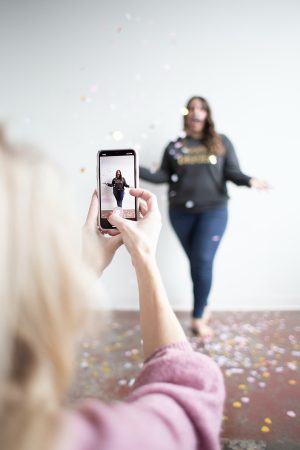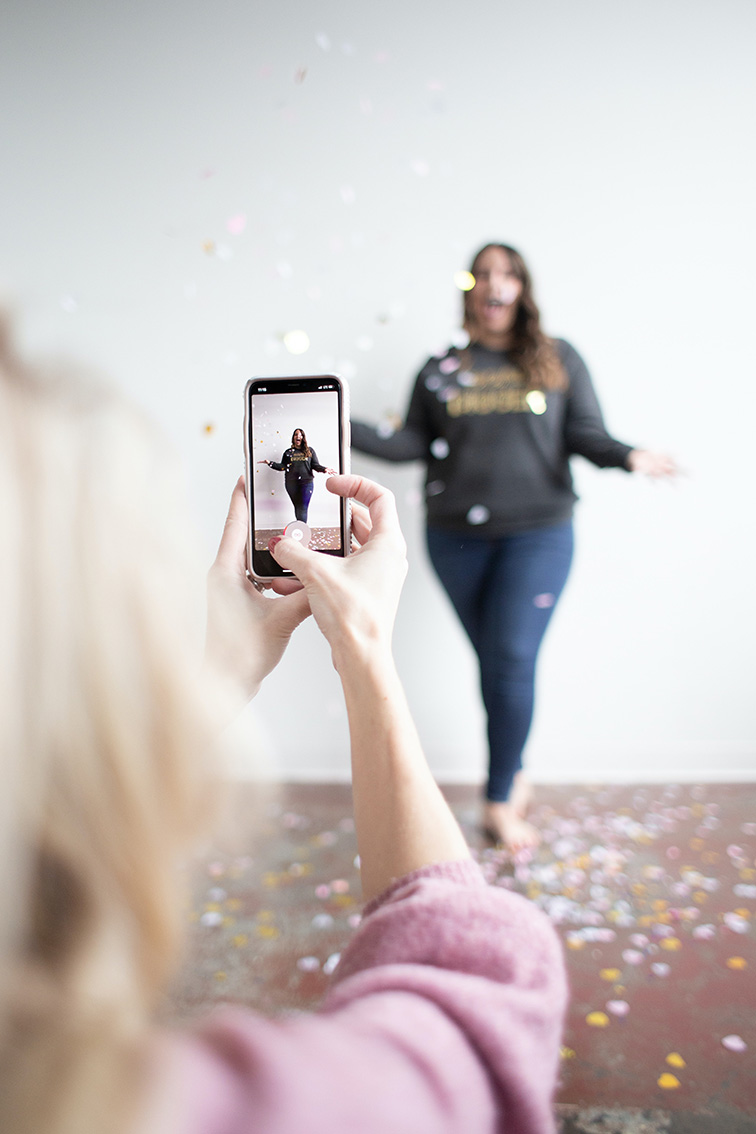
NINA BANKS
reporter
collegian.editor@tccd.edu
Ask any kid from the 90s to early 2000s and I bet that they wanted to draw Mickey Mouse’s ears in an ad break on TV.
Fame to a 6-year-old me was an impenetrable wall separating me from the far and few child prodigies and Hollywood starlets. 12 years later, that wall is a chain link fence.
In an age of social media, the ability to reach fame is now in your pocket. Rather than the traditional process of auditions, callbacks and castings, a 15 second snippet of a dance or thirst trap can earn fame that some work a lifetime to achieve.
Fame acquired through social media has transferred to Hollywood. Influencers are now glorified C-list celebrities. Their large followings attract businesses attention for advertising, thus influencers can be seen at many typically A-list events. The current one being New York Fashion Week.
The presence of influencers at events such as NYFW has caused lots of online discourse, much of which I can understand. As a fashion enthusiast myself, to see influencers that don’t participate in the fashion community, besides the occasional fast fashion sponsorship here and there, is quite disheartening to see.
This begs several questions, most compelling to me, is if the accessibility of fame is positive? My own jealousy would argue no, but I recognize the definite positives of influencers entering the celebrity realm. In some cases, earning acclaim through social media can be easier than the traditional way of agents and castings.
This means people of color or members of the LGBTQ community that may be type casted into specific roles and/or having harder difficulty booking roles may find social media as a way to reach more people. Effectively creating representation in a notoriously lacking space.
Dylan Mulvaney makes TikToks sharing her transition and walking in NYFW. Transgender models have only recently been able to participate in the modeling industry. Mulvaney’s inclusion gives the transgender community the ability to see themselves in an industry that has been infamous for its lack thereof.
With Hollywood’s roots in white supremacy, misogyny and homophobia and other various systems of oppression, social media is a viable option to alleviate this issue.
The lack of formality of Tik Tok has translated into less effort to go viral. Hence why a 10 second dancing video can get you the acclaim YouTubers put into 30 minute videos. The debate of whether Tik Tok fame is legitimate is being put into question.
Many influencers now are being thrust into the limelight, however these are people who are perhaps not familiar with the world of traditional entertainment. Companies would rather the attraction from a stunt casting, than a newcomer that has been trained and specializes in the industry.
The accessibility to fame is a double edged sword. Representation in historically white, straight and cisgender spaces is important, but perhaps prioritizing attention over talent is now a genuine problem we must face.

